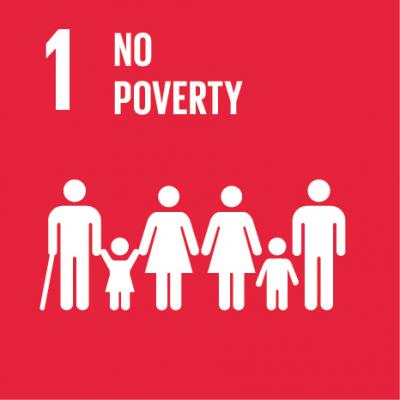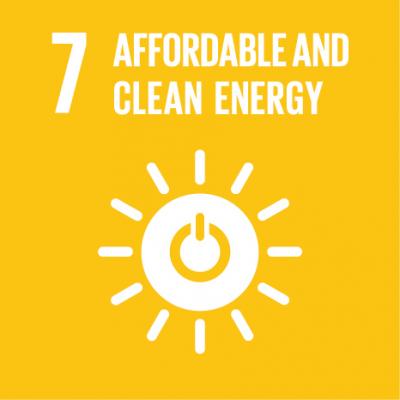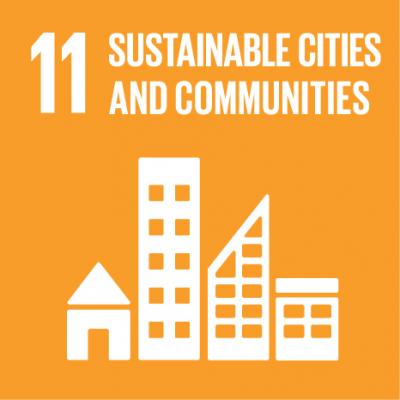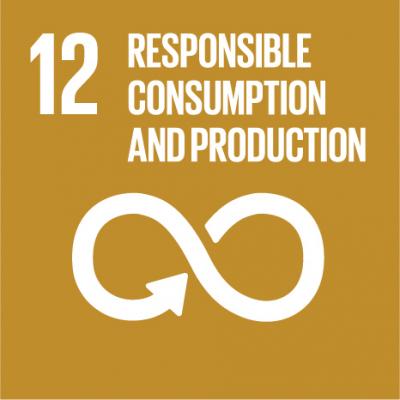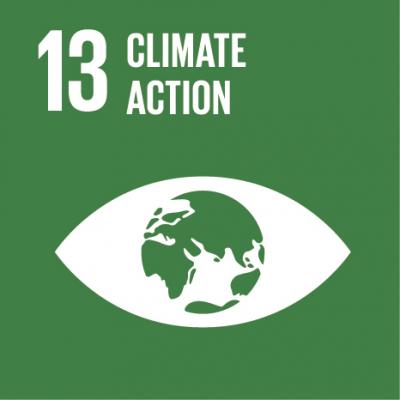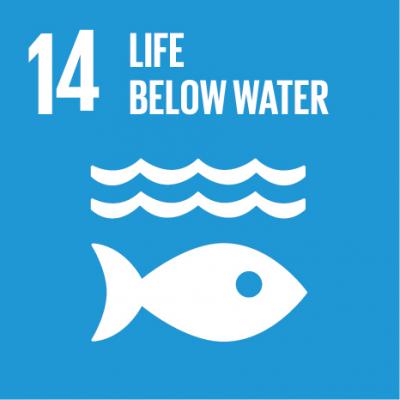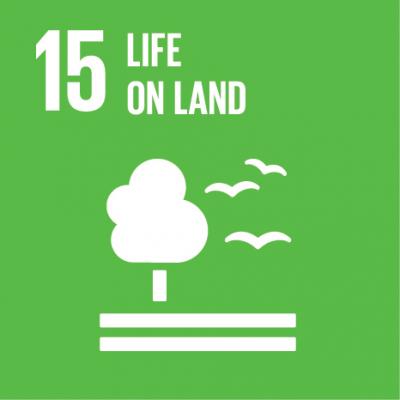
UN Decade on Ecosystem Restoration
The UN Decade on Ecosystem Restoration, launched 5 June 2021, sets ambitious objectives to protect and revive ecosystems globally. The initiative has already won the support of more than 70 nations, as well as many important international organisations and global initiatives. The UN Decade on Ecosystem Restoration calls for participation of everyone to restore forests, wetlands, drylands, coastal areas, and other natural ecosystems through active collaboration of policy makers, private businesses, local communities and other stakeholders to identify and implement appropriate restoration activities. It aims to increase awareness and appreciation of healthy ecosystems within societies around the world and strengthen efforts to implement restoration measures to ecosystems that have been degraded or destroyed.
The UN Decade is led by the United Nations Environment Programme (UNEP) and FAO. The UN Decade's objective is to build a strong, broad-based global movement to ramp up restoration and put the world on track for a sustainable future. That includes building political momentum for restoration as well as thousands of initiatives on the ground. Through communications, events and a dedicated web platform, UN Decade is providing a hub for everyone interested in restoration to find projects, partners, funding and the knowledge they need to make their restoration efforts a success.
Learn how you can contribute to the UN Decade on Ecosystem Restoration here.
Learn more about the UN Decade on Ecosystem Restoration here.
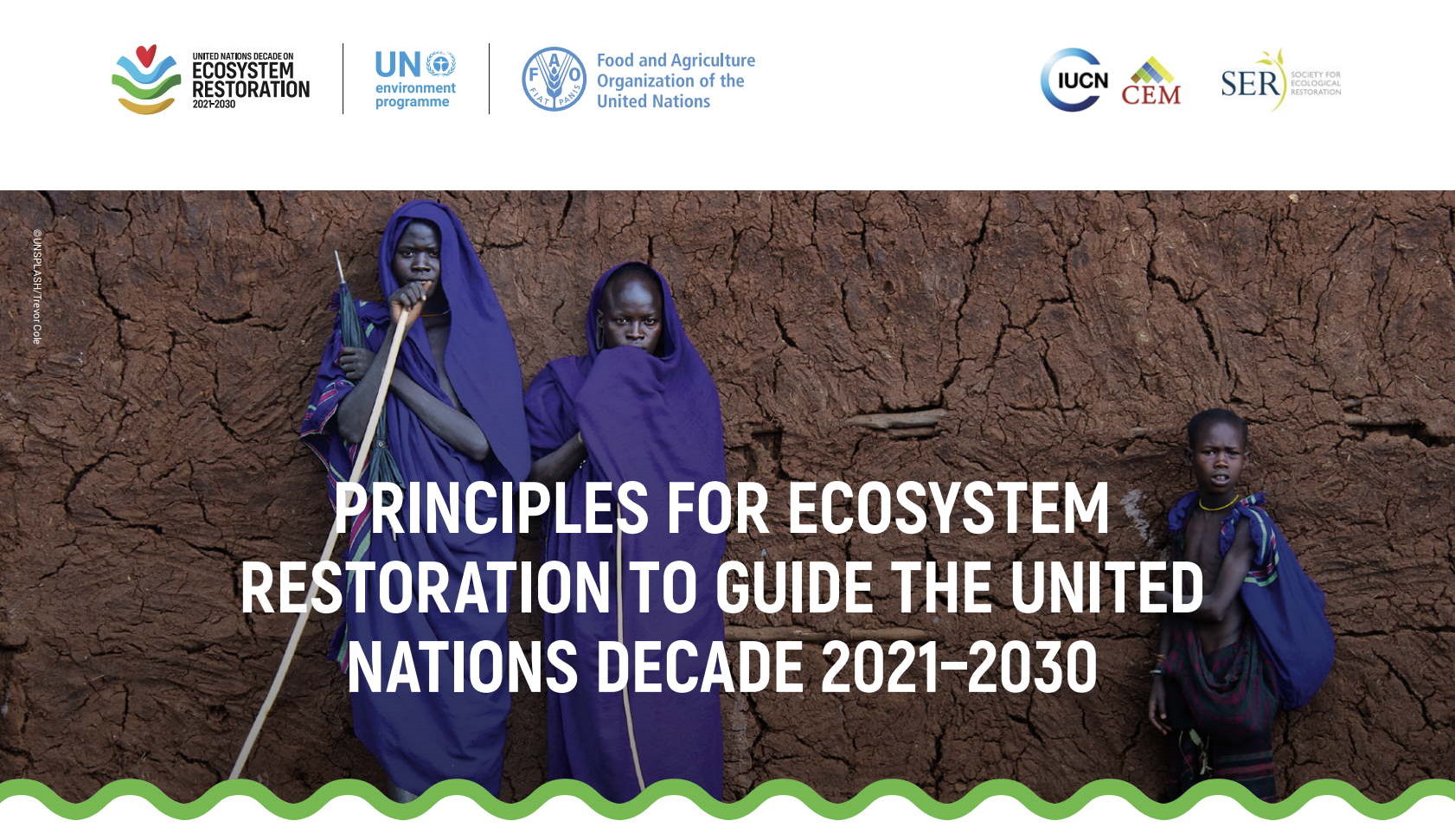
Defining a clear set of principles for ecosystem restoration is key to creating a shared vision and understanding on what is essential to maximize net gain for biodiversity conservation, ecosystem health and integrity, and human health and well-being, across all biomes, sectors and regions.
Ten principles for ecosystem restoration were developed to guide the United Nations Decade 2021-2030: 1) global contribution; 2) broad engagement; 3) many types of activities; 4) benefits to nature and people; 5) addresses causes of degradation; 6) knowledge integration; 7) measurable goals, 8) local and land/seascape contexts; 9) monitoring and management; 10) policy integration.
Learn more about the principles for ecosystem restoration and how they support achieving the goals of the UN Decade on Ecosystem Restoration here.
Ecosystem restoration facilitates the achievement of the Sustainable Development Goals. Effective actions to avoid and reduce ecosystem degradation and promote restoration will bring positive benefits across all dimensions of development including by increasing food and water security, carbon sequestration, enhancing adaptability and resilience to climate change, and minimising the risks associated with conflicts over natural resources and large-scale migration.
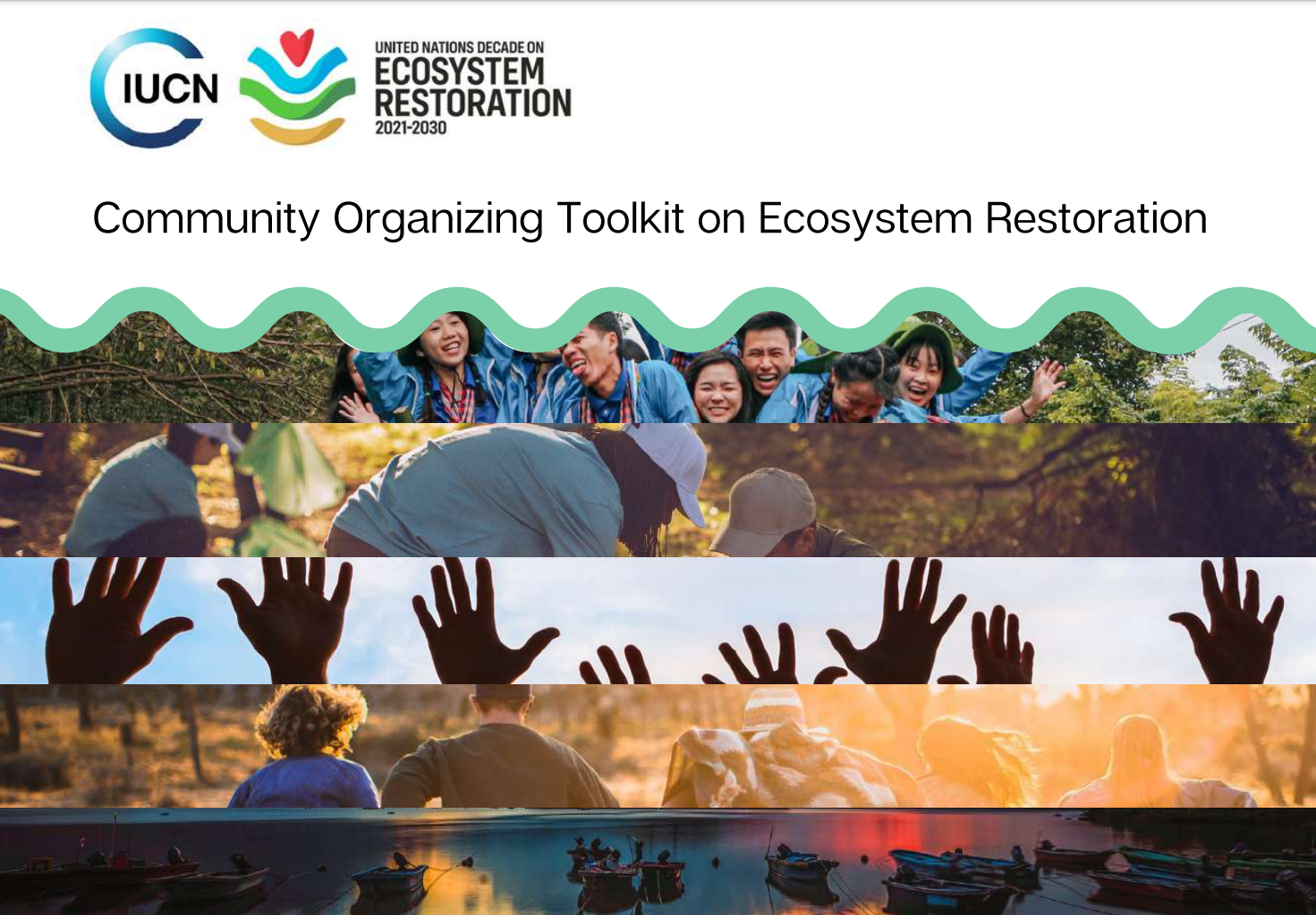
To equip local actors, from individuals to NGOs looking to make lasting change in their region, with the tools, knowledge, and resources necessary to restore ecosystems they live and depend on, IUCN developed the Community Organizing Toolkit on Ecosystem Restoration. This toolkit focuses on the importance of community in ecosystem restoration. It offers guidance on different types of community-based projects and presents successful examples of community-organized restoration, connecting users to numerous tools including online and financial resources.
Learn more about the Community Organizing Toolkit on Ecosystem Restoration, and how it can help your community take action to restore your local ecosystem, here.
